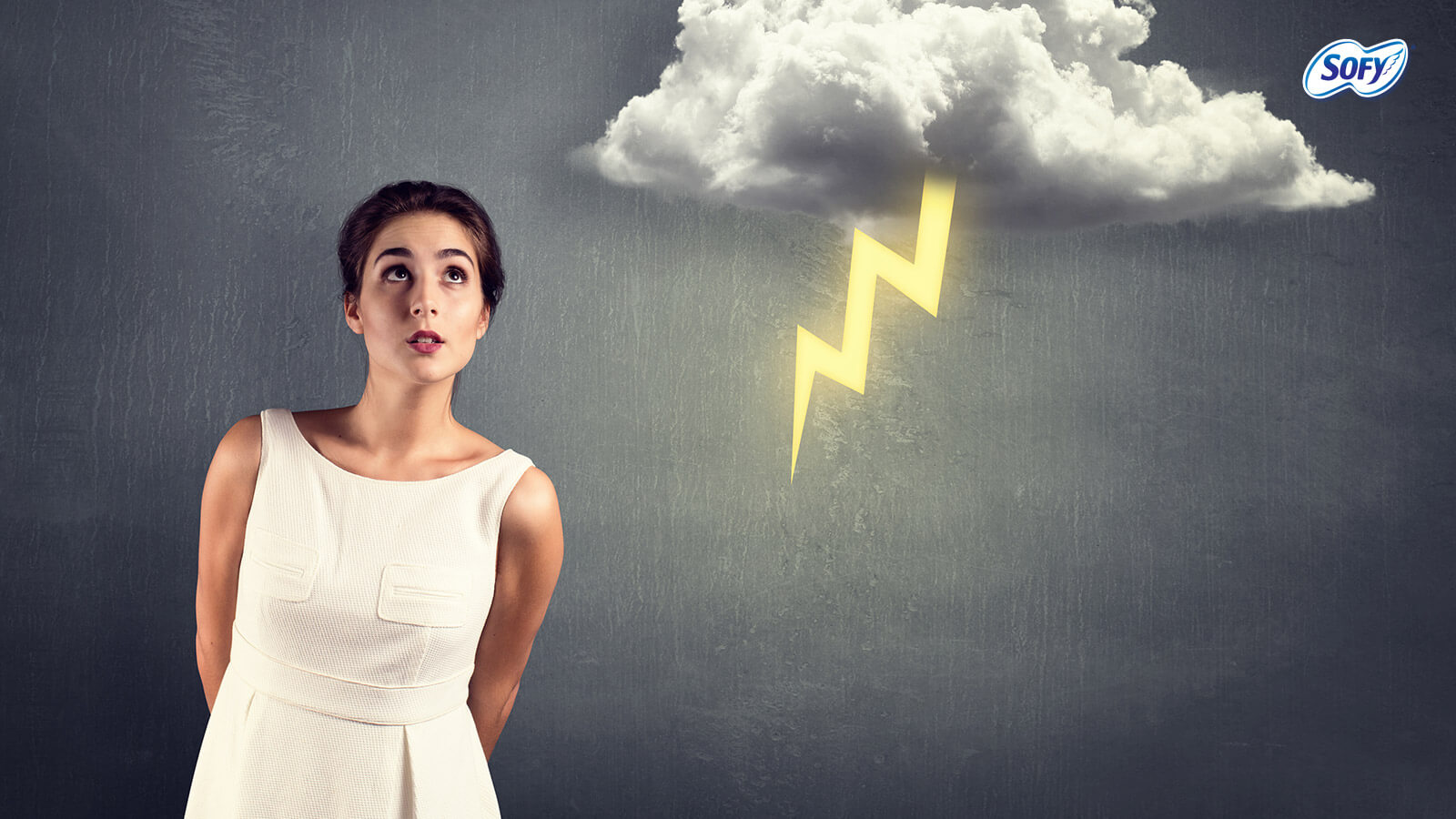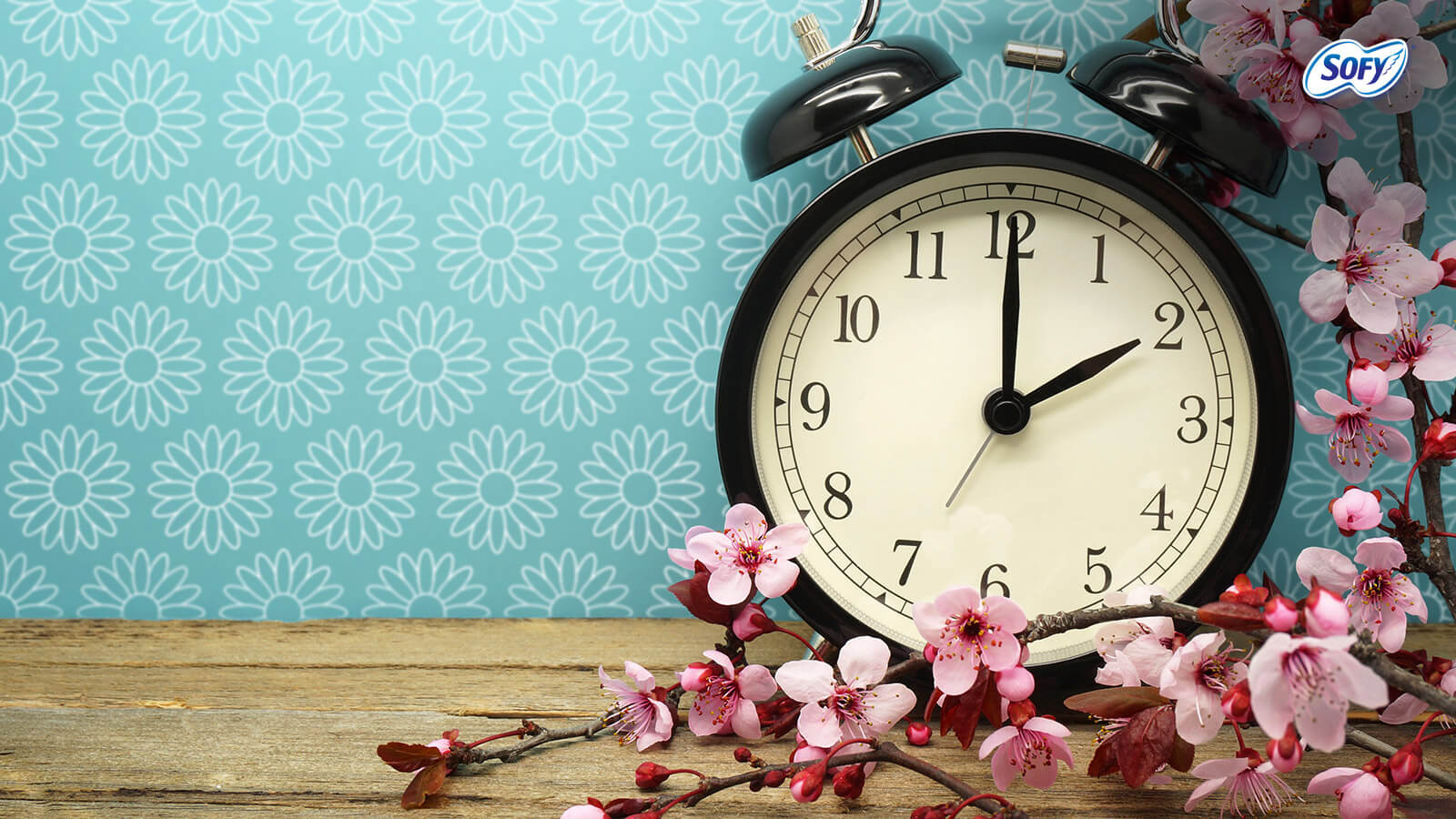Yes, period pain can be different during different seasons. Not only that, but it can also be an entirely different experience from season to season. Women go through a lot to attain adulthood, that’s common knowledge. The sudden hair growth, acne, body changes and more, but the most significant of all these changes is getting your period. Tough as those days are, we end up becoming pros at handling them, whether they last 3 days or 6.
Seasonal changes affect a lot of things, your metabolism, mood, and even your periods. But who would’ve thought that period durations can change too? That’s right, not only do they hurt in different degrees during different seasons, they also become longer and shorter with changing seasons.
Studies show that sunshine or lack of it can actually change the length of your periods. It has been suggested that ovarian activity is higher in summer as opposed to the winter. This is due to the prevalence of sunshine before ovulation. Sunshine helps our body increase its secretion of ‘Follicle Stimulating Hormone’ (FHS), a hormone that helps regulate the reproductive functions of the body.
Hence, it may so happen that you might ovulate less frequently during the winter leading to a longer menstrual cycle as compared to the summer season. A lot of things can mess with your periods, from stress to travel, there’s a huge number of factors that come into play.
If you live in a climate with drastic seasonal changes like ours, chances are that your menstrual cycle will also go through adjustments. But that’s not all that causes fluctuations in our periods. Lifestyle changes during different seasons of the year are a chief factor in determining when you get your period, as well as how it affects you. If your periods are acute in the winter, then there’s actually a reason for that.
When the weather is comfortable and not too cold, we spend a lot of time moving and that’s the reason that our periods are shorter during the summer. As we’ve mentioned in our previous posts and blogs, one very simple and effective way of relieving PMS symptoms, like pain, headaches and mood upliftment, is exercising. The more you move around, the better your chances of avoiding PMS symptoms.

So, much as you may want to curl up in bed and indulge in full carb and chocolate binge sesh. Don’t do that. Being less active can lead to more cramps and PMS symptoms. Instead, get up, get out and take a walk. The more active you become, the better you will feel and less likely to have heavy and irregular menstrual bleeding.
Moreover, climate change affects your periods by altering the bodies’ metabolic rate which relates to hormonal imbalance. When you transfer geographically to a place where the weather is hot or cold your body doesn’t regulate automatically.
Consequently, our cycles also change due to our own behavioral shifts. Certain things that we associate with colder months like exercising less, eating high fat and sugary foods. Such lifestyle changes can increase period pain and other PMS symptoms like bloating, acne, breast pain, headaches, and moodiness.
In the end, though the weather does influence your menstrual cycle, factors like stress, travel, and changes in diet, exercise, and sleep patterns are also factors that often coincide with changes in the seasons and contribute to the changes in our cycle. The best policy? Follow a healthy diet as much as possible and make sure that you exercise your body on a regular basis. The higher your level of fitness, the better your ability to handle and cope with PMS symptoms.
FAQ’s
2. How does cold weather impact your periods?
Cold weather can cause periods to become more painful or longer due to reduced blood circulation and tighter blood vessels. The body may also produce more heat, leading to increased cramping and discomfort during menstruation in colder months.
3. How does reduced sunlight impact late periods in winter?
Reduced sunlight exposure in winter affects hormone regulation, including the production of Follicle Stimulating Hormone (FSH). This hormone is crucial for ovulation and overall cycle regularity. Without sufficient sunlight, FSH levels may decrease, possibly leading to a late period in winter and impacting the regularity of cycles.
4. Can seasonal changes affect menstrual symptoms like PMS?
Yes, seasonal changes can affect symptoms like PMS (premenstrual syndrome). For example, the lack of sunlight in winter can reduce serotonin levels, potentially worsening mood swings, irritability, and fatigue associated with PMS.
5. Do periods get delayed in winter due to hormonal changes?
Yes, hormonal changes influenced by seasonal factors can lead to delayed periods in winter. Lower sunlight exposure in winter can reduce FSH levels, impacting ovulation and causing irregular cycles. Additionally, metabolic changes from lower physical activity can contribute to hormonal imbalances that may result in late periods in winter
6. How can lifestyle changes with the seasons impact menstrual cycles?
Lifestyle changes, such as reduced physical activity in winter or increased exercise in summer, can impact menstrual cycles. Less sunlight in winter can affect mood and energy levels, potentially leading to changes in cycle regularity and symptoms.
7. What can you do to manage menstrual discomfort during different seasons?
To manage menstrual discomfort during different seasons, adapt your self-care routine according to the weather. In winter, use heat packs or warm baths to ease cramps, while in summer, stay hydrated and consume cooling foods to reduce bloating and maintain energy levels.
8. Does humidity play a role in how periods feel during different seasons?
Yes, humidity can play a role in how periods feel. High humidity in summer can increase sweating and discomfort, while low humidity in winter can lead to dryness and skin irritation. Managing hydration and wearing comfortable clothing can help alleviate these effects.
9. Can travel to colder climates cause a late period in winter?
Yes, traveling to colder climates can impact menstrual cycles. When the body adjusts to a new, colder environment, it can experience hormonal shifts, potentially leading to a late period in winter. Coupled with travel stress and changes in routine, your cycle might temporarily become irregular.
10. Should you change your menstrual hygiene products based on the season?
It can be beneficial to adjust your menstrual hygiene products based on the season. For example, in summer, you might prefer lighter, more breathable pads or tampons to stay comfortable in the heat, while in winter, you might use products that offer more warmth and protection.












